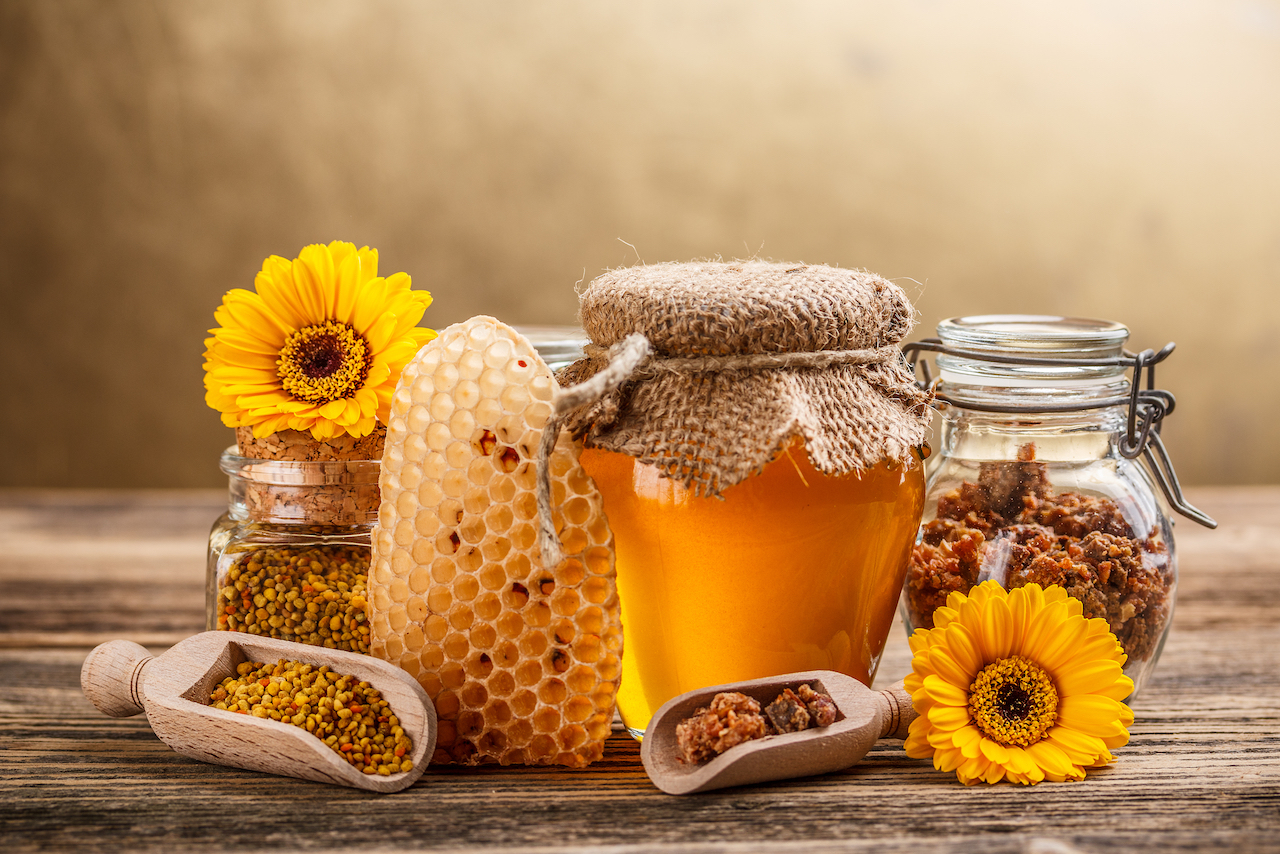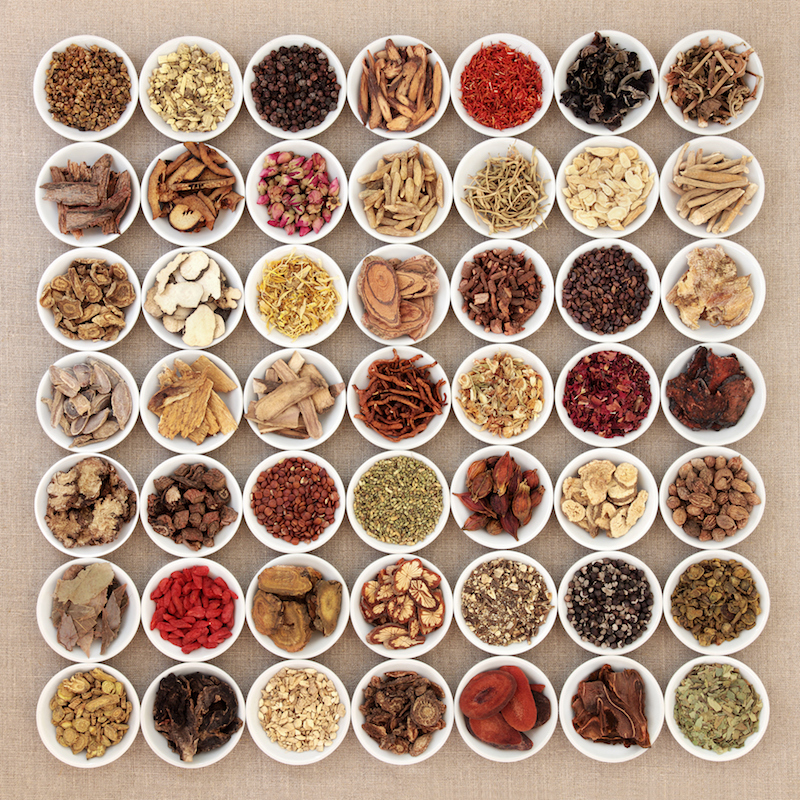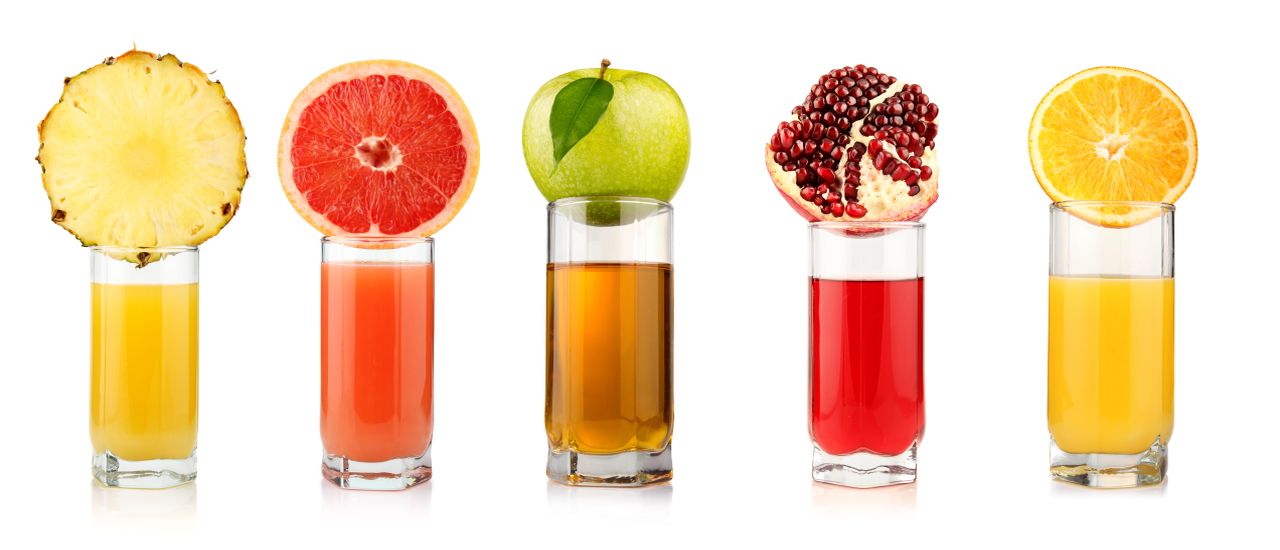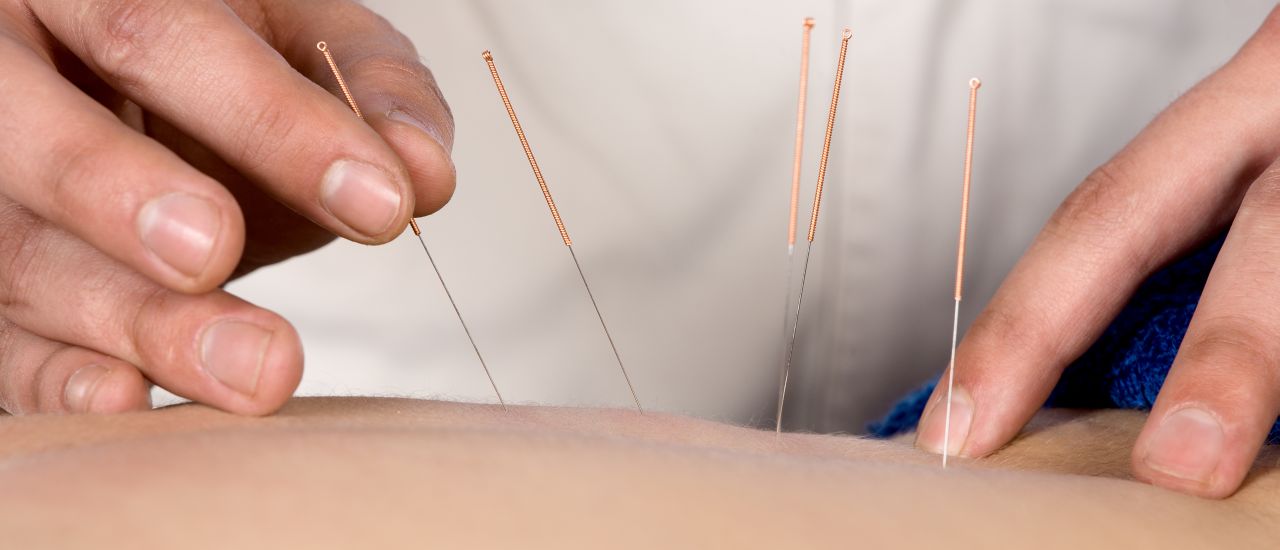Magnetic therapy is a popular alternative medicine. What exactly is it and what can it do for you?
Magnetic field therapy involves using magnets to treat specific conditions or boost your overall health. Your body has several magnetic and electric fields, that’s because all of the molecules within your body have a small amount of magnetic energy in them.
The thought behind magnetic field therapy is that health problems occur because your magnetic fields are out of balance. If you put a magnetic field near your body, it’s believed things will go back to normal. There are several types including:
Static magnetic field therapy: In this, you touch a magnet to your skin, for example, you might wear a magnetic bracelet or other magnetised jewellery.
Electrically charged magnetic therapy (electromagnetic therapy): These magnets have an electric charge. Treatment with electromagnetic therapy usually comes through an electric pulse.
Magnetic therapy with acupuncture: Magnets are placed on the same sections of your skin that an acupuncturist would focus on in an acupuncture session.
What is it used for?
Some people use magnet therapy for treating pain, like foot, back, or joint pain, which includes:
- Arthritis pain
- Wound healing
- Insomnia
- Headaches
- Fibromyalgia pain
While it’s generally safe for most people to wear low-intensity static magnets, it’s not a good idea to have magnetic field therapy if you’re pregnant, have a pacemaker or take chronic medications, such as insulin. You should also take off any magnets before having an X-ray or a magnetic resonance imaging scan (MRI).
Some people who have magnetic field therapy have experienced side effects like nausea, dizziness and pain.
Does it work?
There haven’t been many studies on magnetic field therapy. The ones that have been done don’t have enough data to draw solid conclusions. Although some clinical trials have shown potential for magnetic field therapy as a treatment for back pain, for the most part, there’s no clear proof that it can successfully treat any condition.
References:
- https://www.webmd.com/pain-management/magnetic-field-therapy-overview
- https://www.nowtolove.co.nz/health/body/could-magnetic-therapy-be-the-solution-to-treating-aches-and-pains-42352
- https://www.uofmhealth.org/health-library/aa141392spec
- https://www.mskcc.org/cancer-care/integrative-medicine/herbs/magnet-therapy





